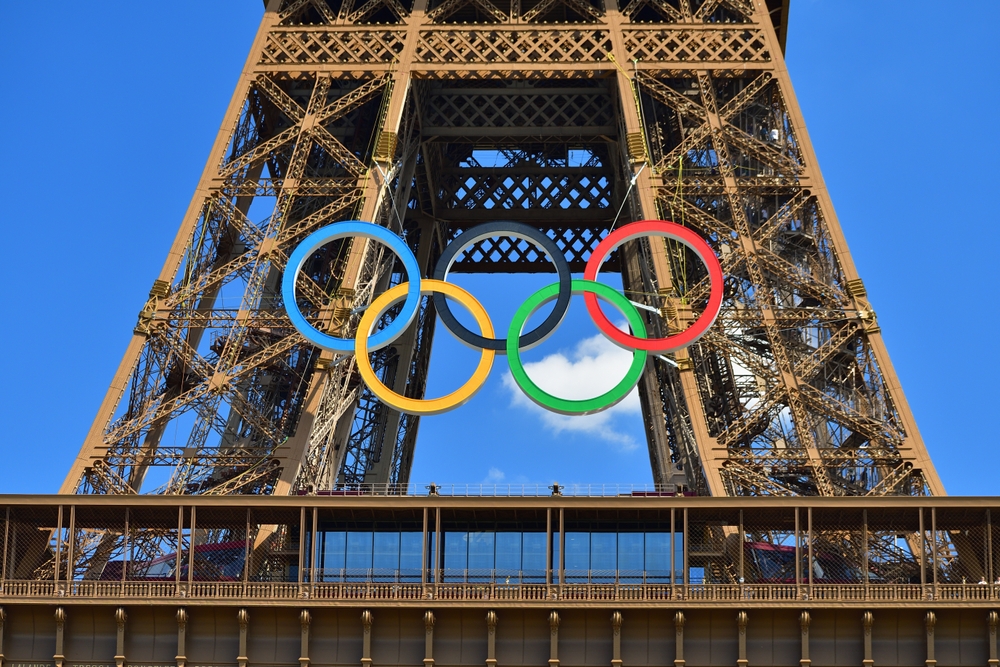International Boxing Association President Umar Kremlev intensified pressure on Olympic officials during a Wednesday news conference in Istanbul, demanding public apologies for what he characterized as unfair treatment of female athletes during the Paris 2024 boxing competition. The Russian sports administrator specifically called for acknowledgment of harm done to competitors who faced disadvantages due to controversial eligibility decisions that allowed certain athletes to participate despite previous disqualifications.
Kremlev’s demands center on protecting what he describes as the integrity of female sports categories, arguing that Olympic officials ignored legitimate concerns about athlete eligibility that had been raised before the Games commenced. The IBA President emphasized that his organization had provided documentation supporting their concerns to Olympic officials, but these warnings were dismissed in favor of allowing contested participation to continue.
The Istanbul conference, held to launch IBA Golden Era development projects, became a platform for renewed criticism of Olympic governance and decision-making processes that Kremlev argues prioritized political considerations over athletic fairness. His calls for accountability reflect broader tensions between traditional boxing governance and Olympic administration that have characterized recent international sports disputes.
Chinese boxer becomes symbol of affected competitors
Yang Liu, the Chinese boxer who lost the women’s 66kg gold medal to Algerian competitor Imane Khelif during an August 9 final at Paris 2024, represents what IBA officials consider clear evidence of unfair competitive disadvantage. Kremlev specifically mentioned Liu as deserving recognition and apology for facing circumstances that his organization believes compromised the integrity of her Olympic competition experience.
The final bout between Liu and Khelif became a focal point for ongoing debates about sports eligibility criteria and the responsibilities of governing bodies to ensure fair competition among all participants. IBA officials argue that Liu and other female competitors faced inherent disadvantages that Olympic officials should have prevented through proper implementation of existing eligibility standards.
Kremlev’s advocacy for Liu extends beyond individual recognition to broader principles about protecting competitive opportunities for female athletes in international sports. His stance reflects IBA positions that governing bodies must prioritize clear eligibility standards that maintain competitive balance rather than allowing administrative convenience to override athlete protection concerns.
Former Olympic leadership faces harsh criticism
The IBA President directed particularly sharp criticism toward former International Olympic Committee President Thomas Bach, arguing that Bach’s administration ignored legitimate warnings about eligibility concerns that were raised before the Paris Games began. Kremlev characterized this dismissal as irresponsible leadership that prioritized administrative expediency over athlete welfare and competitive integrity.
Kremlev’s attacks on Bach’s leadership style extended to broader criticisms of Olympic administration, including disparities between official accommodations and athlete treatment during Games periods. He highlighted contrasts between luxury arrangements for Olympic officials and basic dormitory accommodations for competing athletes as evidence of misplaced institutional priorities.
The Russian administrator’s criticism reflects deeper structural tensions between international sports federations and Olympic governance that have emerged across multiple sporting disciplines. These conflicts often center on questions of authority, eligibility standards, and the balance between inclusivity and competitive fairness in international athletic competition.
Legal challenges complicate resolution efforts
The controversy has expanded beyond administrative disputes to include legal proceedings, as Khelif has filed cyberbullying lawsuits naming prominent public figures who criticized her Olympic participation. These legal actions target individuals including technology entrepreneur Elon Musk and author JK Rowling, who participated in online discussions questioning her eligibility for women’s competition categories.
Khelif has consistently denied allegations about her biological status while pursuing legal remedies against what she characterizes as harassment and discrimination. Her legal strategy represents an effort to shift focus from eligibility questions to behavior of critics who engaged in public speculation about her personal circumstances.
The International Olympic Committee has maintained that eligibility criteria remain within the jurisdiction of relevant international federations, creating ongoing uncertainty about resolution pathways for current disputes. Meanwhile, the emergence of World Boxing as a replacement organization for the IBA introduces additional complexity to future governance decisions affecting boxing eligibility standards and competitive procedures.












